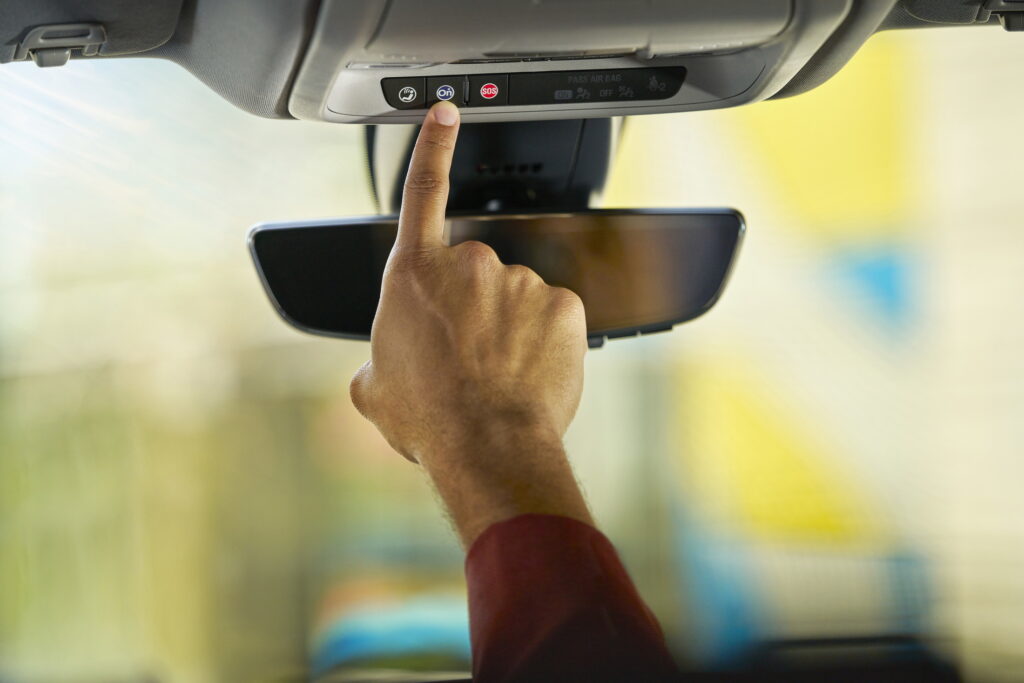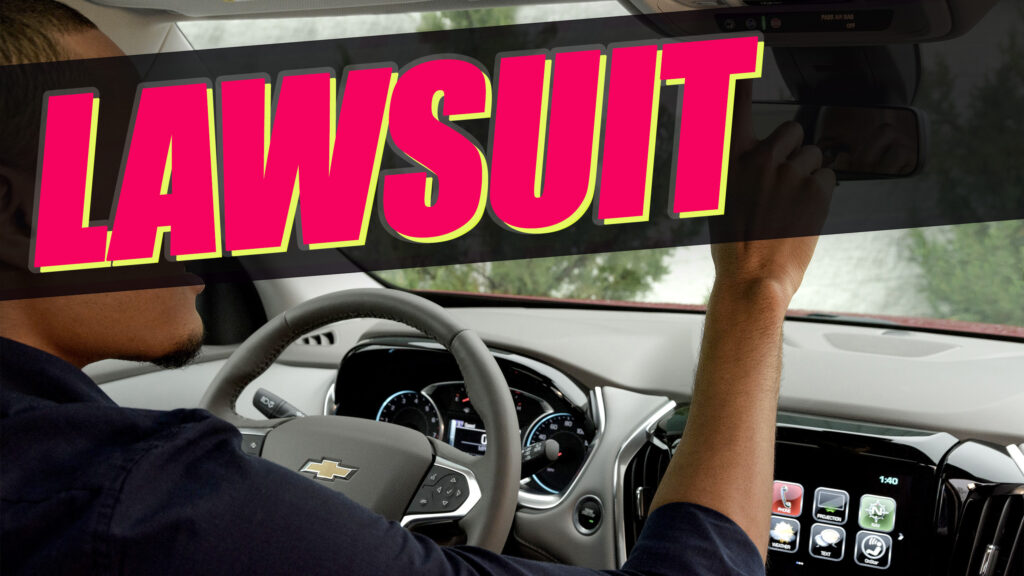- Vehicle owners are suing the GM for allegedly collecting their driving data without consent.
- The drivers say their insurance rates have been affected by the data.
- GM previously admitted it shares driving data with third-party companies, but said that all owner consented.
Automakers are increasingly offering connected features to help vehicle owners improve their driving or get help in an emergency. However, these apps can also have downsides for consumers, whose insurance rates are reportedly being affected by the driving data collected by car companies. Some consumers claim that information about their habits is being collected without their consent, and they’re suing General Motors.
A new class action lawsuit has been brought to United States District Court in Georgia, and is being led by plaintiffs Barbara Figlio and Morris D. Gordin. They allege that their driving data was collected against their will, and that it caused their insurance rates to increase.
Read: Carmakers Are Snitching On You And Selling Your Driving Data To Insurers
“Class Members’ personal, private driving behavior or Driver Behavior Data was collected by GM, though various modules located in their vehicles, related to its affiliated company OnStar though connectivity apps, regardless of whether the user consented to such transmission,” the lawsuit alleges.
The plaintiffs allege that the data was then transmitted to consumer reporting agencies such as LexisNexis and Verisk, which subsequently passed it along to insurers without the drivers’ consent. This resulted in higher rates in many cases.
In this class action, the plaintiffs are suing GM and OnStar for unjust enrichment and breach of contract. In New Jersey, they are pursuing legal action against the automaker and its subsidiary for Violation of the Truth-in-Consumer Contract Warranty and Notice Act, intrusion upon seclusion, and violation of the New Jersey Consumer Fraud Act. Additionally, they are suing LexisNexis and Verisk for violating the Fair Credit Reporting Act and the New Jersey Consumer Fraud Act.

In March, GM admitted that it shares “select insights” with data brokers about braking, accelerating, and speeding over 80 mph. However, it said that affected customers had agreed to share their data when they signed a user agreement.
Previously, one Cadillac owner in Florida stated that he had been denied insurance by seven companies due to data gathered from his vehicle, despite never having heard of the connected apps that had apparently collected his information. That owner, Romeo Chicco, filed a class action on March 13, 2024, against GM, OnStar, and LexisNexis.
General Motors has since announced the termination of its relationship with data brokers LexisNexis and Verisk. In a statement to Freep in March, the automaker said, “As of March 20th, OnStar Smart Driver customer data is no longer being shared with LexisNexis or Verisk. Customer trust is a priority for us, and we are actively evaluating our privacy processes and policies.”





